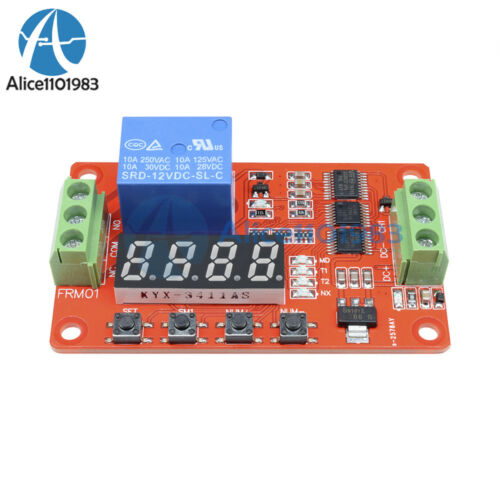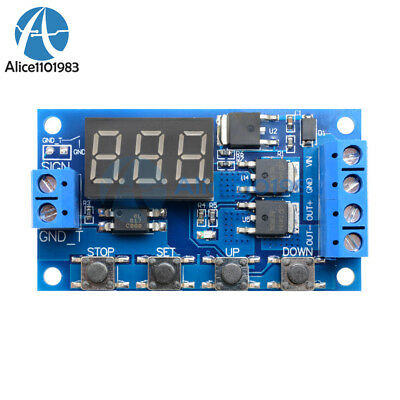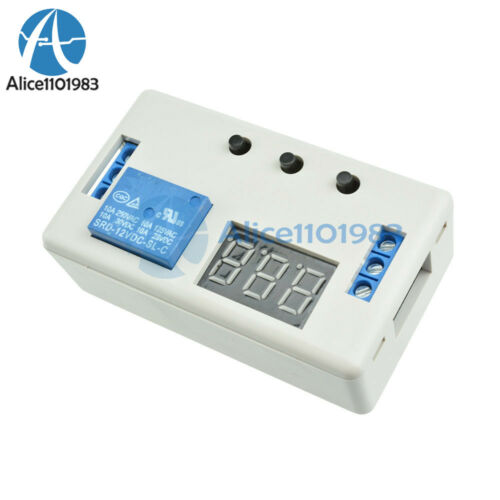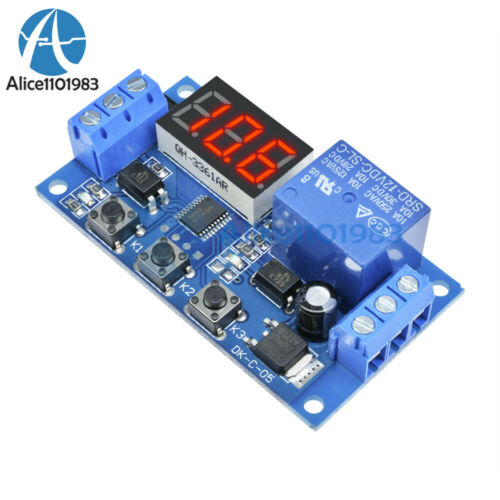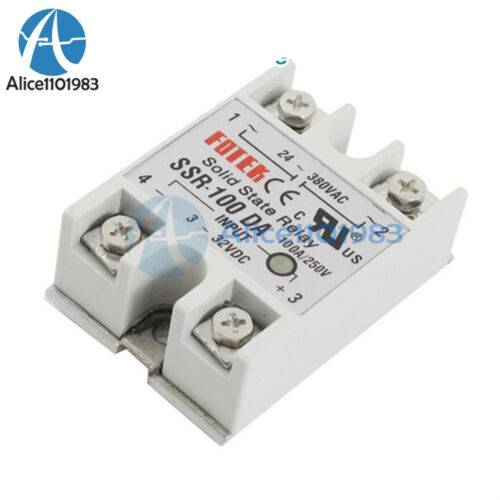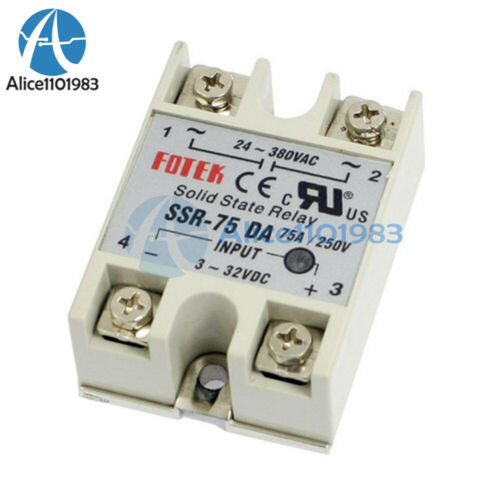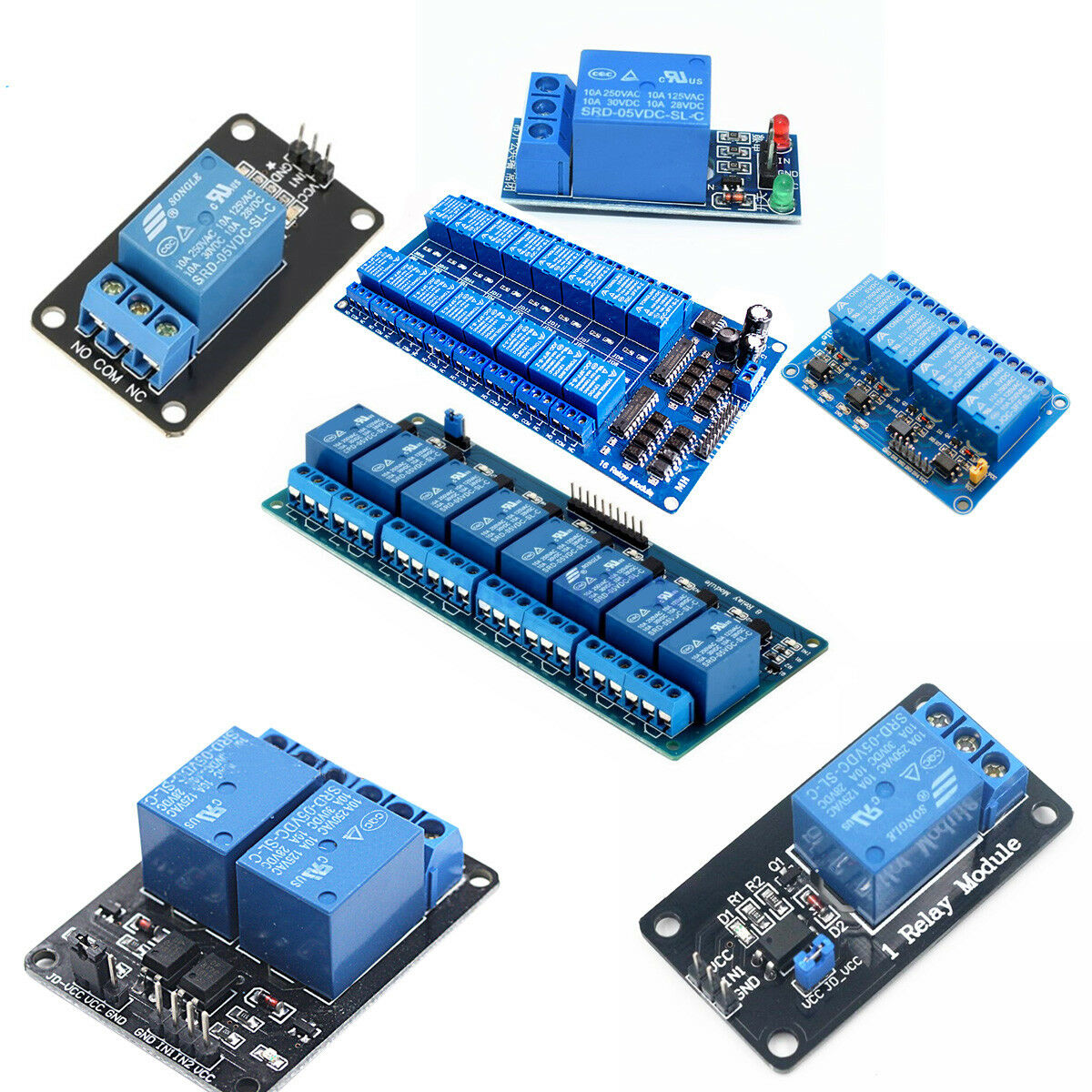-40%
4 Channel I2C Relay for Arduino Raspberry 3.3V 5.0V iot SPDT AC/DC 10A peak
$ 15.83
- Description
- Size Guide
Description
Device specification :Board comes fully assembled!
PCB board dimension 72mm x 100mm
Compatible with DIN rail plastic holder
Operation DC voltage – 3.3V and 5.0V
Maximum current @5.0V – 350mA
Maximum current per relay – 10A peak
LEDs indicators for each electromagnetic relay channel
Relays with SPDT switch contacts: Normally Open, Common, Normally Closed
Relay contact resistance 100 milliohms max. ( initial value )
Relay insulation resistance 100 MOhm min. (DC 500V)
Relay operation time 8 ms max
Relay release time 5ms max
Relay dielectric strength 750 VAC, 50/60Hz between contact
Relay dielectric strength 1,500 VAC, 50/60Hz between all elements
Relay expected life Mechanical - 10,000,000 operations min.
Relay expected life Electrical - 100,000 operations min. at rated load
Working temperature range - 25 C ~ + 80 C
Comes with different slave address 0x27 or 0x3F, depends on the batch
Each board can be assigned an I2C address between 0x20...0x27 (0x38...0x3F) by the DIP switch
The module contains an PCF8574 or PCF8574A chip
The logic power supply voltage should match the voltage levels on the I2C bus. The SDA and SCL lines are pulled up to VDD with 5.6k resistors on the relay module.
Up to 8 boards can be connected to each I2C bus.
Arduino sample codes:
Arduino UNO demo code - https://drive.google.com/open?id=1VgnvLgiXbhZL-pq_Y6MNucw6julmfd_h
Wemos D1 ESP8266 demo code - https://drive.google.com/open?id=1CNunB-4hR0OPuSdoSIshmVMVZ8lcdJUh




